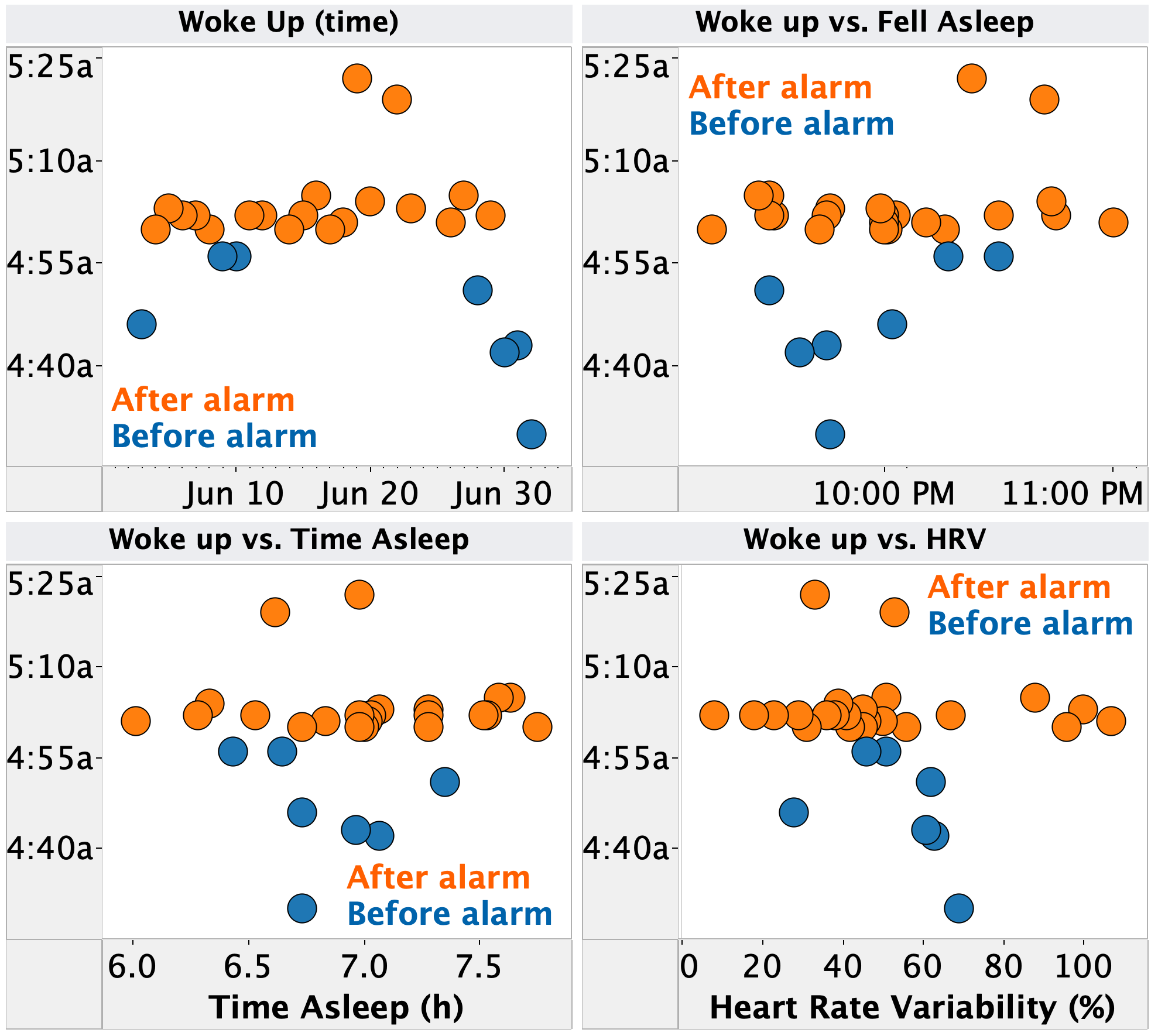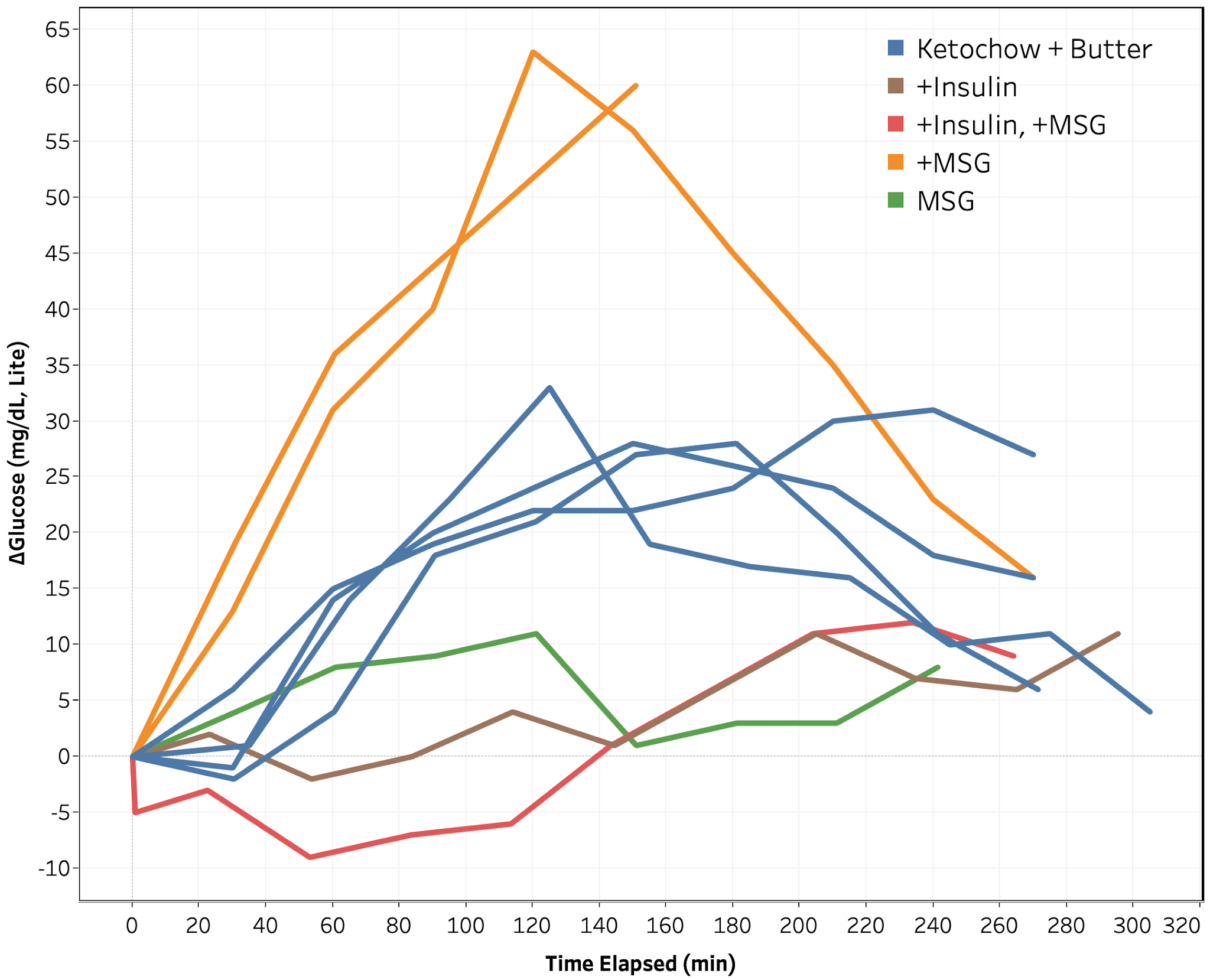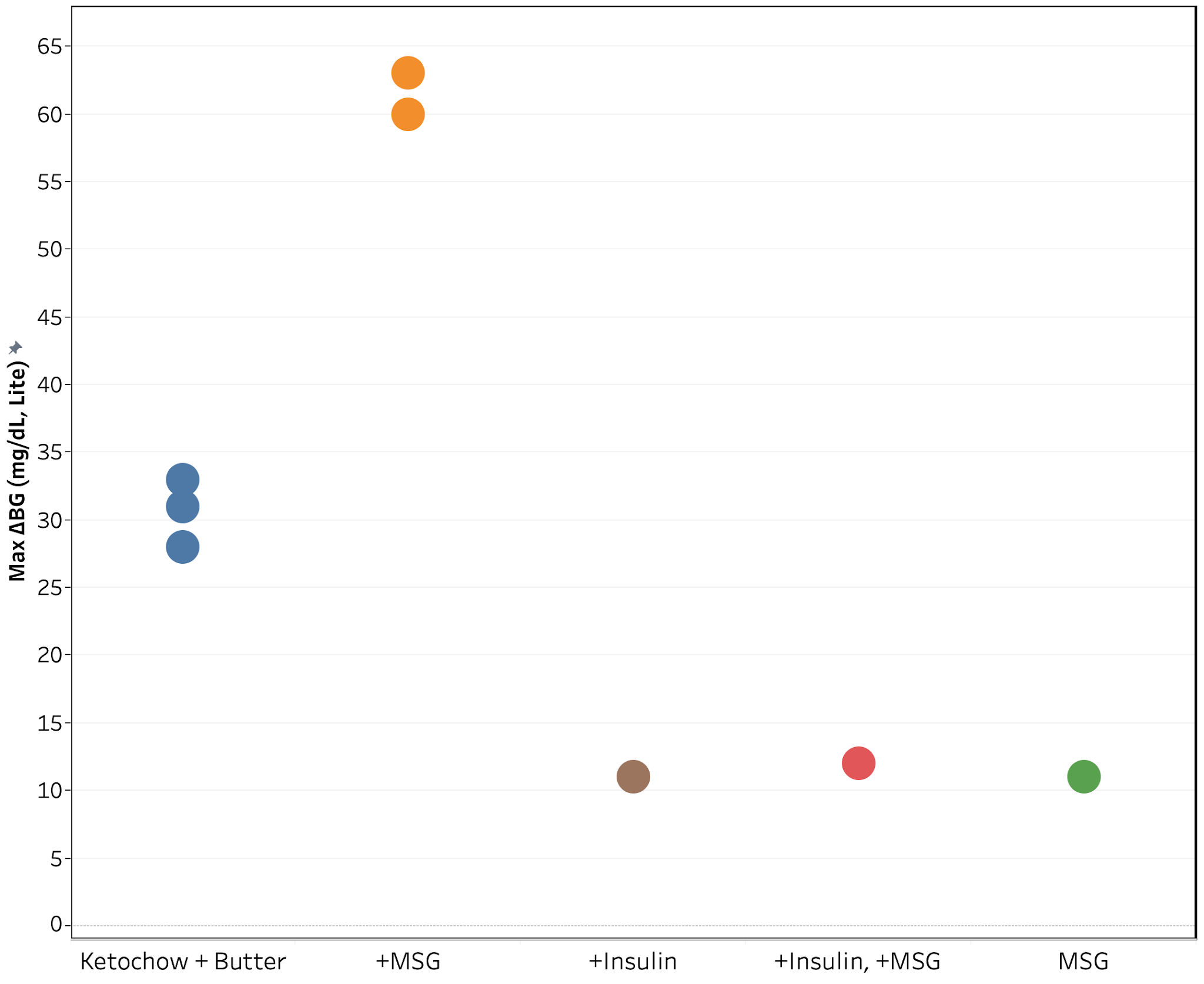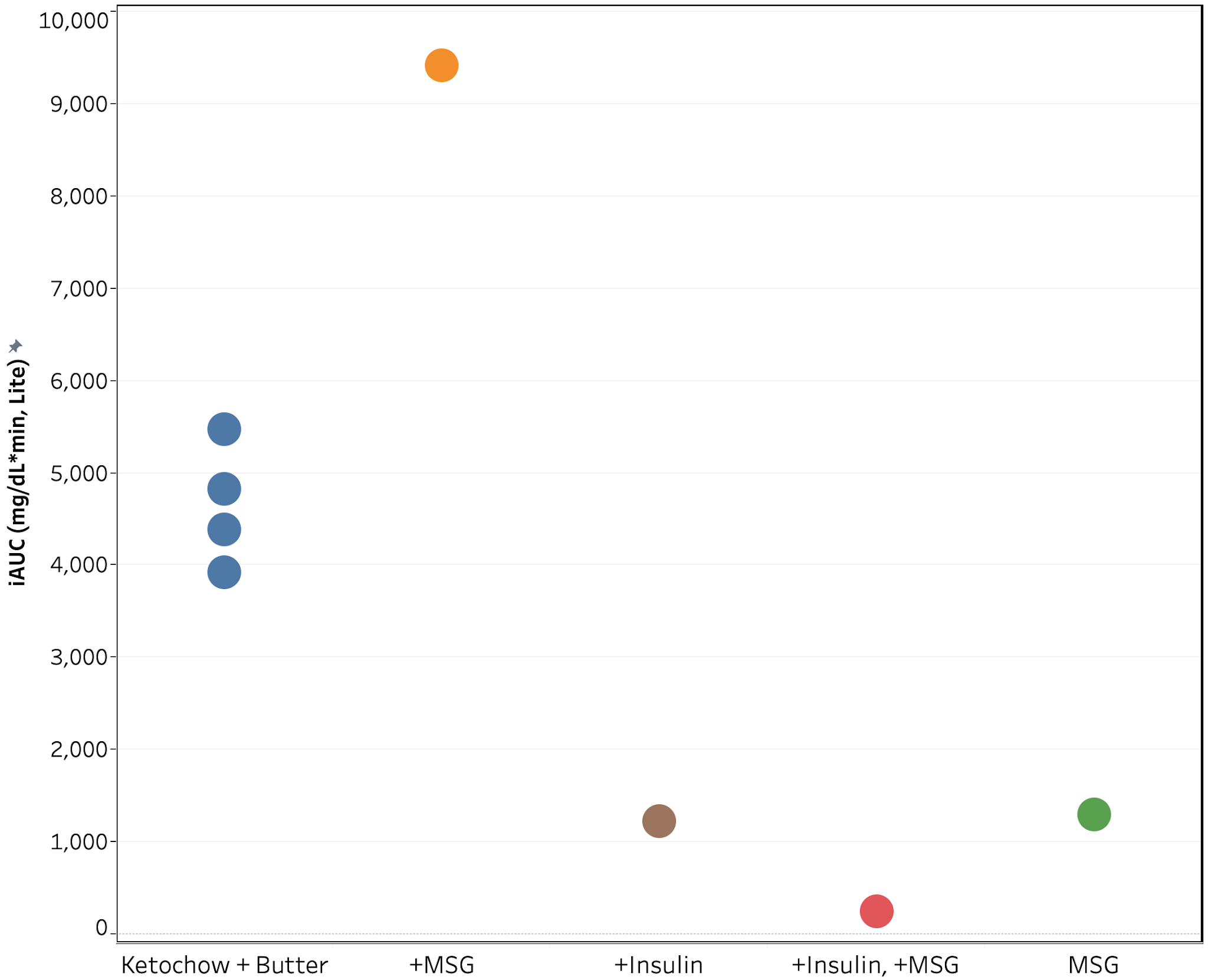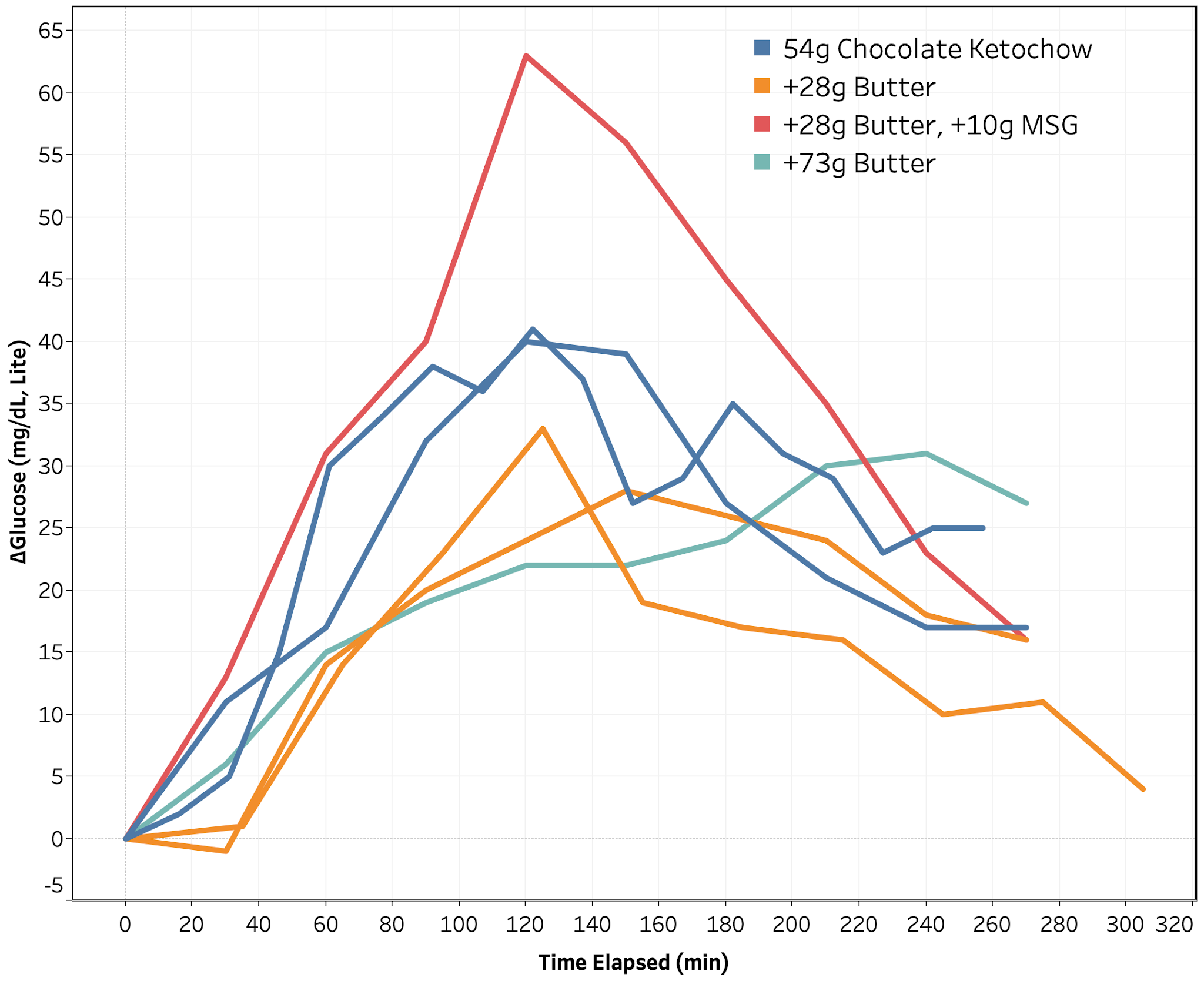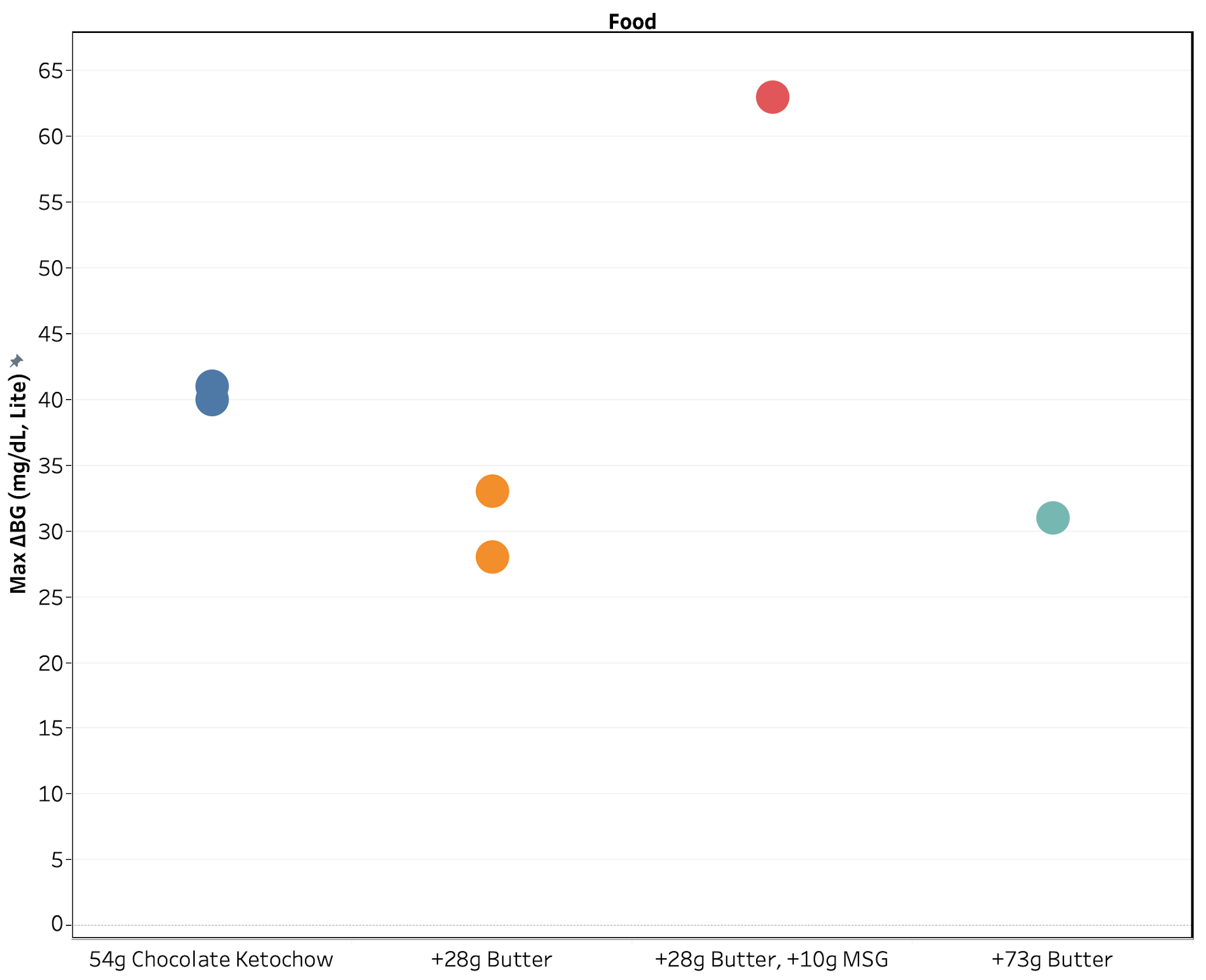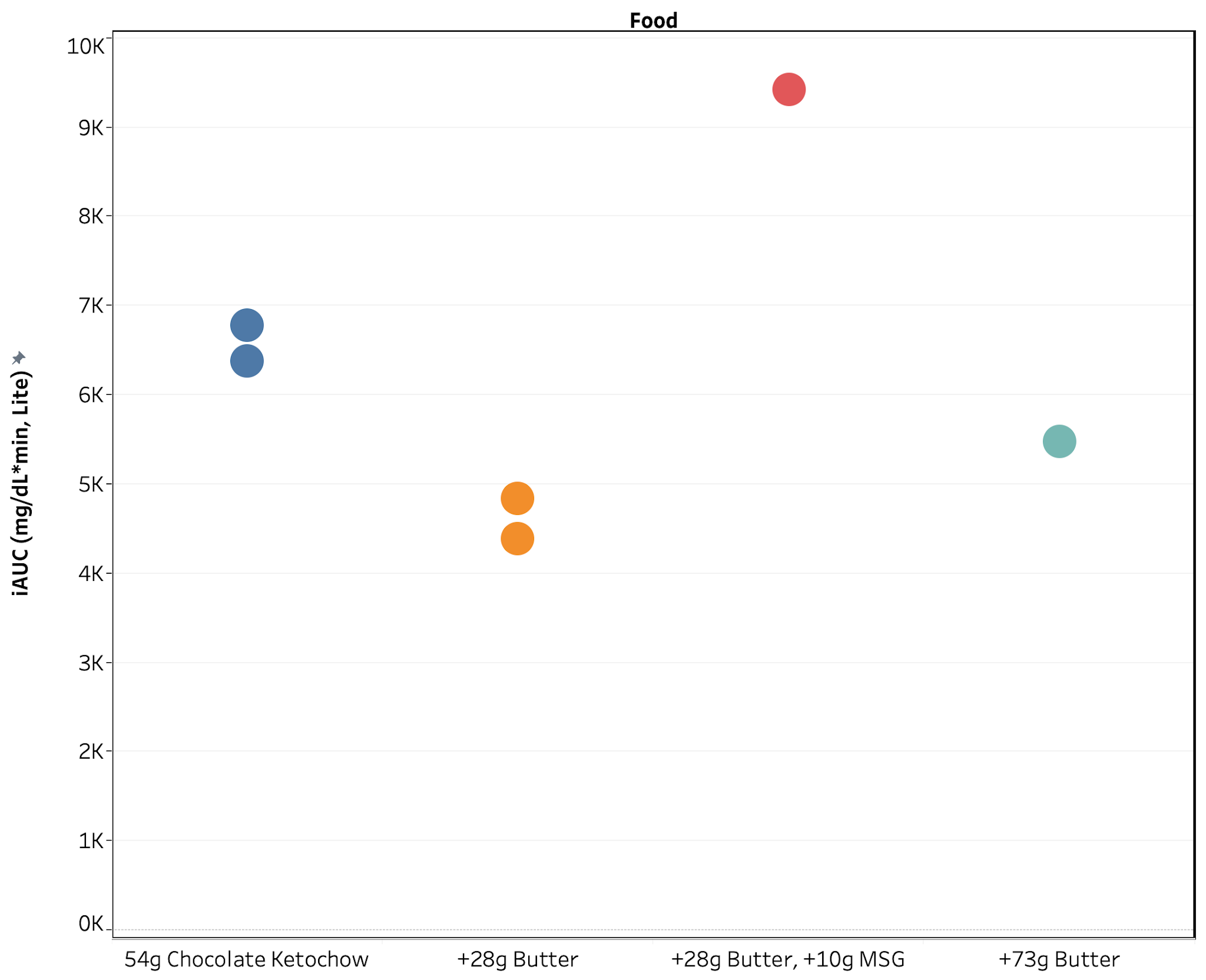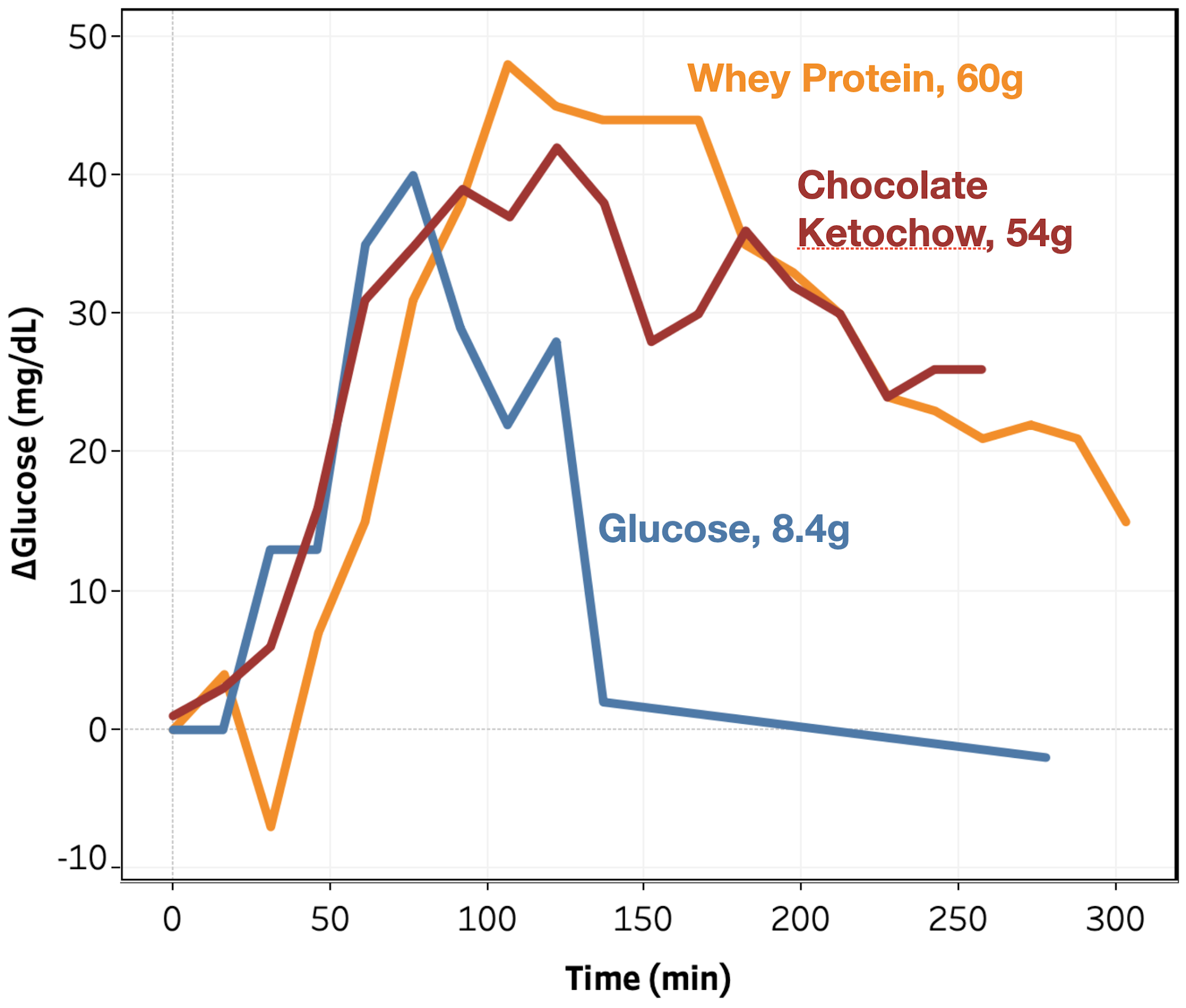Get new posts by email or rss feed
Summary
I’m trying to sleep longer, but am waking up too early in the morning. I’m going to test if melatonin can help me sleep longer. Based on suggestions solicited from the ACX open thread, I’m going to try a 30 day, blinded, randomized trial of 0.3 & 3 mg melatonin, both regular and extended release. If I see anything promising from this initial test, I’ll repeat the trial with the best condition to confirm and get a better measure of effect size.
Details
Purpose
- To determine if taking melatonin supplements in the evening extends the duration of my time asleep and subjective fatigue given a consistent bedtime.
- To determine if taking melatonin supplement and/or sleeping longer affects subjective fatigue, blood glucose, heart rate variability, or pulse
Background
Over the past 5 weeks, I’ve been making an effort to get more sleep. I’ve been able to hit an average time asleep of ~7h and, qualitatively, I’ve been feeling a lot less tired and have been able to concentrate better in the afternoons.
I’d like to see if sleeping even longer will result in further improvement. However, over the last week I’ve noticed that I’ve been waking up earlier and earlier (before my morning alarm). I stay in bed (eyes closed) until the alarm, but can’t go back to sleep.
Based on my data so far, there’s no clear correlation with time I fell asleep or total time asleep. Might be a correlation with heart rate variability, but I need more data to be sure.
I’d like to test some interventions to sleep longer. I already exercise in the evenings and for as long as I’m willing to do (~30 min. high intensity, 5-10 min. stretching), my last meal is 4h before going to bed, and my CGM does not show a consistent rise in blood sugar before waking up.
Given that, my next thought was to try melatonin. It’s typically used to control when you go to sleep, but it last long enough in the bloodstream that it might impact time asleep as well. Based on suggestions solicited from the ACX open thread, I’m going to try a 30 day, blinded, randomized trial of 0.3 & 3 mg melatonin, both regular and extended release. If I see anything promising from this initial test, I’ll repeat the trial with the best condition to confirm and get a better measure of effect size.
Methods
Materials
- Melatonin (I couldn’t find a single supplier for all types):
- 0.3 mg – Nootropics Depot Melatonin Capsules
- 3 mg – Nature Made Melatonin
- 0.3 mg, extended release – Life Extension Melatonin 6 Hour Time Released
- 3 mg, extended release – Douglas Laboratories Melatonin PR
- Gel Capsules: XPRS Nutra Size 000 Empty Capsules (Red/Black)
Blinding
- Melatonin was placed in opaque, size 000 gel capsules (6 per type).
- Dosages were randomly assigned to days using the excel random number generator and placed into a coded pill container by a second person (not me).
- Data will be unblinded after the completion of the experiment.
Procedure
- At 9pm, I will take that days gel capsule with minimal water.
- At 9:30pm, I will turn lights off and attempt to go to sleep.
- I will record:
- If I wake up during the night
- Subjective tiredness (1-3 scale) upon arising and at 3p
- If any other unusual events occur
Measurements
- Sleep, HRV, & pulse: Apple Watch Series 5 + Autosleep app
- Glucose: Dexcom G6 CGM
- Blood pressure (weekly): Omron 10
Analysis
- Sleep time, wake time, total time asleep, number of times waking up before alarm, fasting blood glucose, time of morning blood glucose rise, pulse, and HRV will be plotted vs. dose and release type.
- p-values will be calculated for each comparison and corrected for multiple-comparison
- Additional exploratory analysis may be done based on the data, but will be noted as such
Data Processing & Visualization
Data was exported from Autosleep, reformatted using a custom python script, and visualized using Tableau. Wake times were corrected manually using contemporaneous notes (see measurements, above).
Data
All data will be posted after it is unblinded.
Results & Discussion
Results will be posted and discussed after the data is unblinded and analyzed.
Conclusions & Next Experiments
Conclusions & next experiments will be posted after the data is unblinded and analyzed.
– QD
